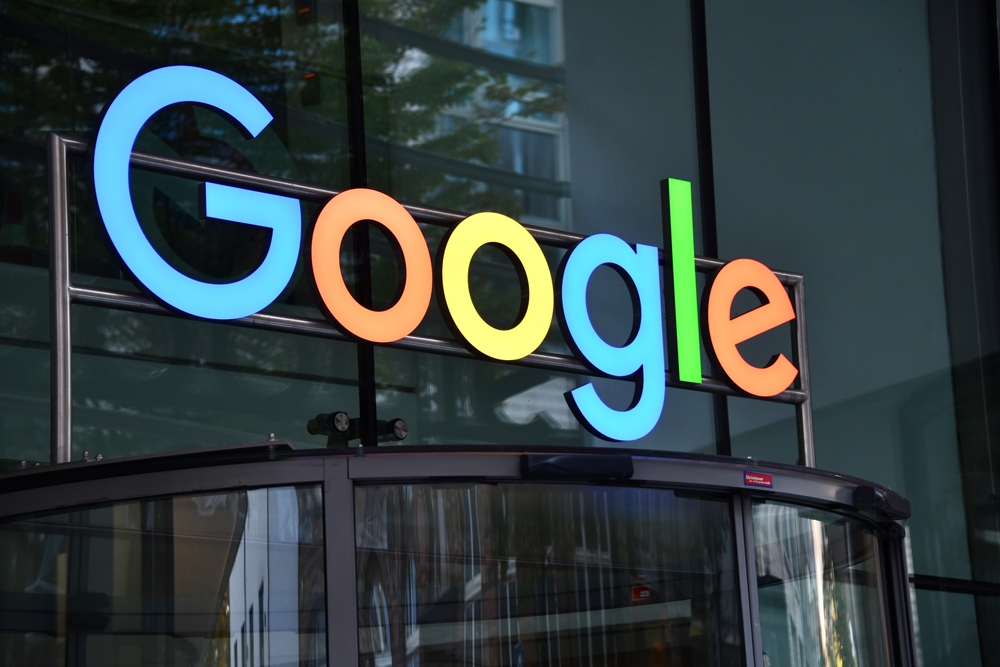
Editor’s Note: The U.S. Department of Justice reached a landmark decision on August 5 when it found Google to be a monopolist in both the general search engine services market and the general search text ads business. As the industry awaits next steps, including a decision on how Google might correct its conduct, a piece in CM sister pub AdExchanger explores a few highlights from U.S. District Court Judge Amit Mehta’s 286-page ruling that form the basis of his argument—from default distribution agreements with device makers to unencumbered price increases. Here’s a sample of the piece; go to AdExchanger for the full article.
—
Ad dolla dolla bills, y’all
Judge Mehta spends a lot of time in his ruling talking about Google’s default distribution agreements with device makers, including Apple and Samsung – and for good reason.
Being the default “is extremely valuable real estate,” Judge Mehta writes, “because many users simply stick to search with the default [and] Google receives billions of queries every day through those access points.”
Those billions of queries translate into “extraordinary volumes of user data,” which translate into billions of dollars in ad revenue.
From the ruling: “More users mean more advertisers, and more advertisers mean more revenues. As queries on Google have grown, so too has the amount it earns in advertising dollars. In 2014, Google booked nearly $47 billion in advertising revenue. By 2021, that number had increased more than three-fold to over $146 billion. Bing, by comparison, generated only a fraction of that amount – less than $12 billion in 2022.”
To read the full article and the document’s highlights, head over to AdExchanger.



